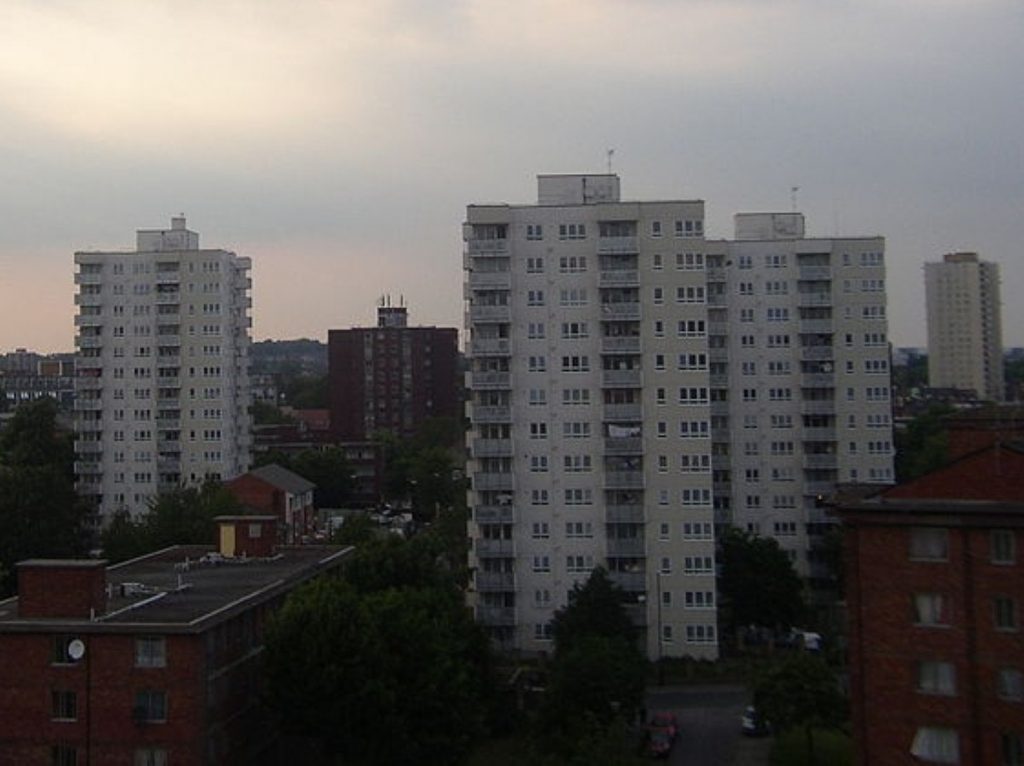‘Not rational’: MPs scathing over DWP’s housing benefit clampdown
The coalition's housing benefit changes are being hit by scathing criticism from MPs, in a report questioning the fundamental economic justification for the reforms.
Ministers want to cap the amount a household can receive in housing benefit at £26,000 in a bid to bring down the annual £23.4 billion cost to the exchequer.
The reform has been labelled a 'bedroom tax' by Labour, which has encouraged its backbenchers to bombard David Cameron over the issue in prime minister's questions.
Other changes are also being pushed through, including a penalty for under-occupied homes and reductions in the rent paid for private rented sector claimants.


Today's report from the Commons' public accounts committee erodes some fundamental assumptions from the Department for Work and Pensions about the positive impacts these reforms will have.
Officials expect to cut a quarter off the total housing benefit bill ever year by 2014/15, but MPs said the DWP had failed to take into account the admin costs of the changes or knock-on costs to other services if, for example, homelessness rates increase.
It plans to adopt a 'wait and see' approach to the reform and monitor changes in homelessness, rent levels and arrears.
"Even small reductions in housing benefit can have a severe impact on the finances of the poorest people," committee chair Margaret Hodge said.
"The department must decide in advance exactly what actions it will take in response to increases in homelessness or rents."
MPs found the £390 million set aside by the DWP to pay local authorities struggling to cope with the impacts of the changes was "not based on any rational assessment of need" and said the vast majority of those likely to be affected did not understand the changes.
Five million households in Great Britain are supported by housing benefit.
"Experience from the past suggests that stopping direct payments to social landlords will simply lead to an increase in arrears and evictions," Hodge added.
"At the same time some tenants will face higher rents under the affordable homes programme, which will also increase the housing benefit bill, offsetting some of the savings intended by housing benefit changes."
Opponents of the reforms responded to the report with predictable outrage – and demands that the DWP review its approach to the issue.
“That the government is bringing in these housing benefit changes without knowing the full consequence on the vulnerable people affected is worrying and irresponsible," National Housing Federation chief executive David Orr said.
"Most residents who will be affected have little choice of action. In most areas, there just aren't enough smaller affordable homes for these families to move into to avoid the tax.
"And disabled people are unable to easily move as their homes are adapted for their needs. Against a backdrop of rising homelessness, we ask the government again to rethink this ill-conceived policy and to ensure disabled people receiving disability living allowance, and other vulnerable people, are exempt from the bedroom tax before it comes into effect on April 1st."
Shadow work and pensions secretary Liam Byrne said the report showed the coalition's welfare revolution was "descending into total chaos".
"This report lays bare the undeniable truth – under this government the Department for Work and Pensions hasn’t got the first idea what it is doing," he commented.
"Ministers simply do not know what impact their housing benefit changes will have."
The DWP said the government would stick by its reforms, however.
"When in England alone there are nearly two million households on the social housing waiting list and over a quarter of a million tenants are living in overcrowded homes, this measure is needed to make better use of our housing stock," a spokesperson said.












